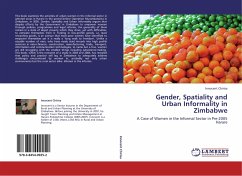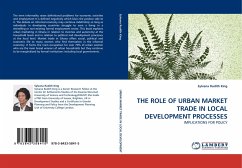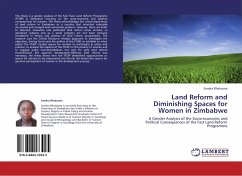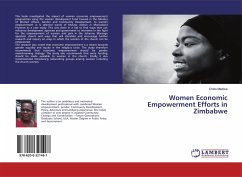This book examines the activities of urban women in the informal sector in selected areas in Harare in the period before Operation Murambatsvina in Zimbabwe, in 2005. Gender, Spatiality and Urban Informality argues that despite efforts by the Government in Zimbabwe to empower women through policies, programmes and legal reforms, the generality of them remain in a state of abject poverty which they strive, yet with difficulties, to extricate themselves from it. Trading in low-profile goods, i.e. least rewarding goods, is an avenue that most poor women have identified to empower themselves yet it is really a long walk to freedom . Unlike a sizeable number of men, who have made staid inroads into high profile ventures in micro-finance, construction, manufacturing, trade, transport, information and communication technologies, to name but a few, women are still struggling with the smallest things including subsistence-making. This book, which is the outcome of a study in 2003 and 2004, has revealed that policy and practice still lag in Zimbabwe to adequately address challenges encountered by women in, probably not only urban environments but the rural sector alike. Women in the informa
Bitte wählen Sie Ihr Anliegen aus.
Rechnungen
Retourenschein anfordern
Bestellstatus
Storno








